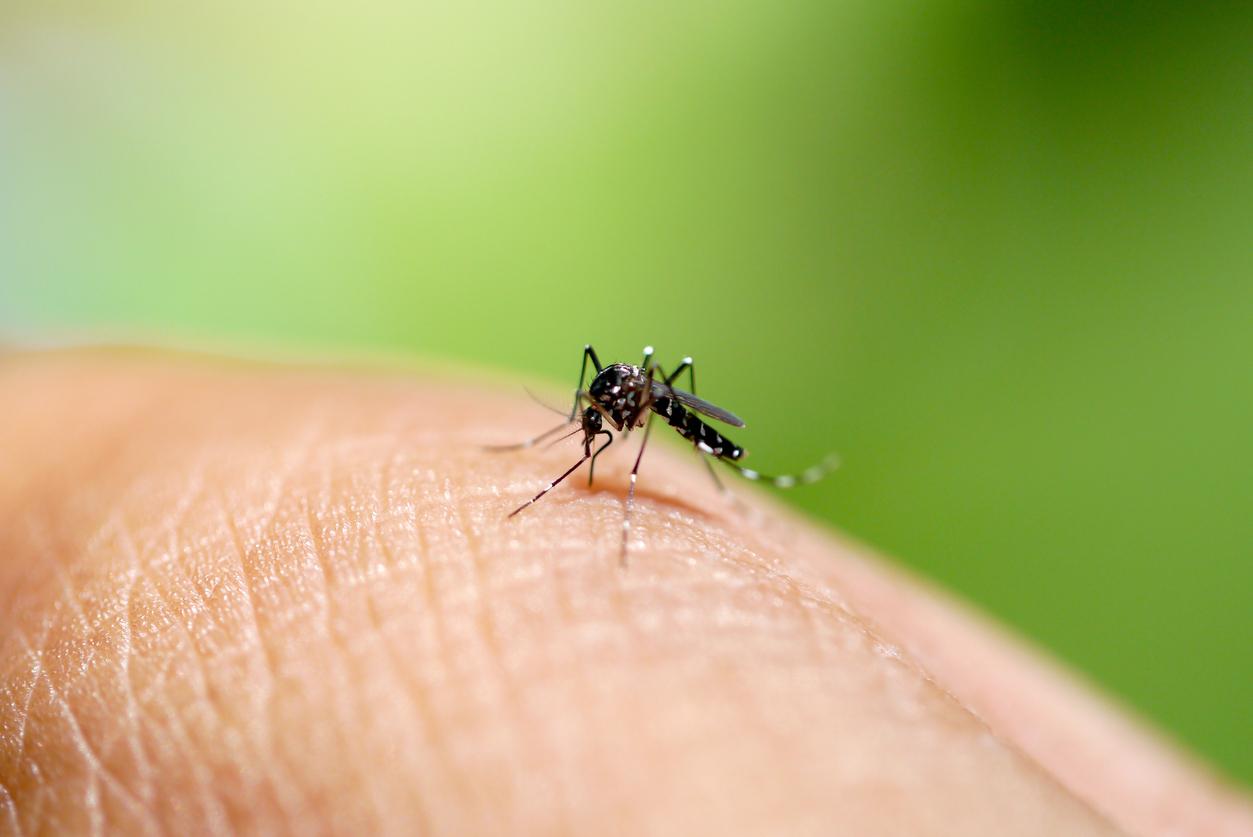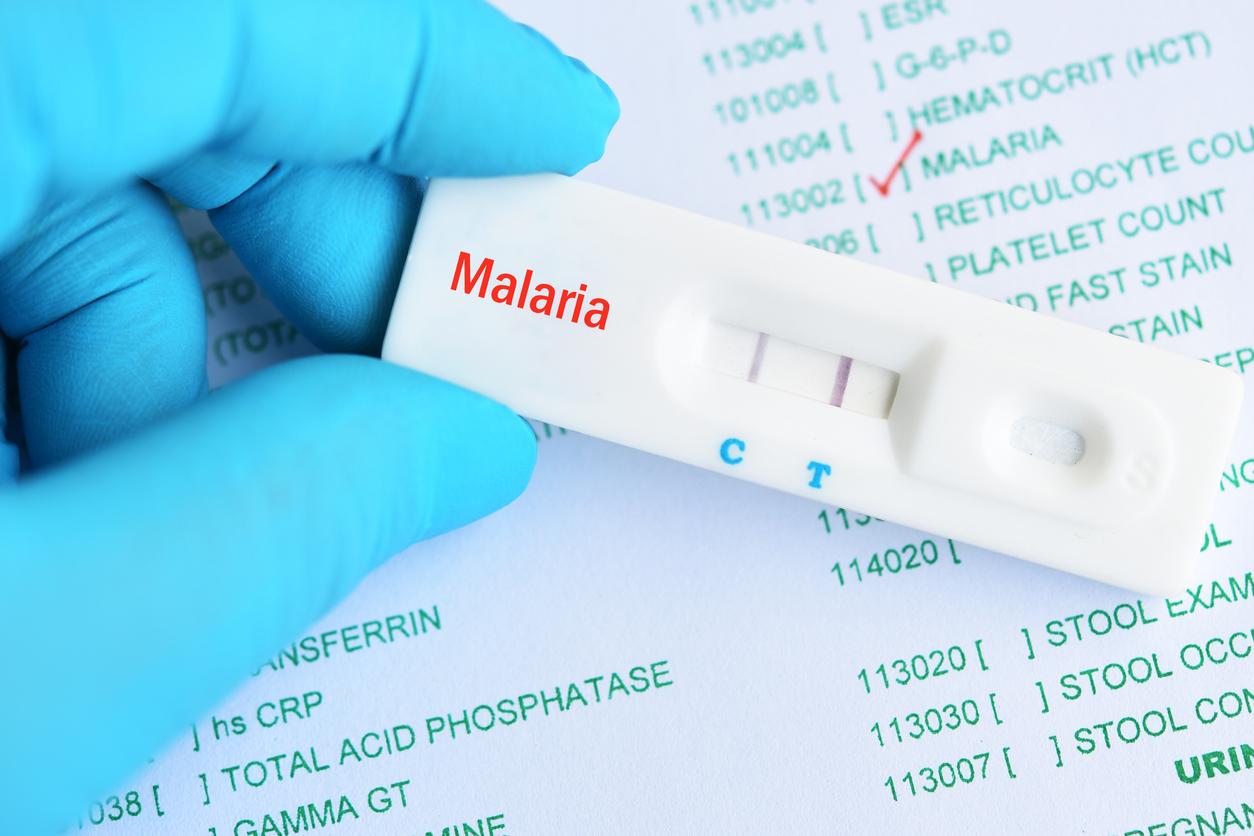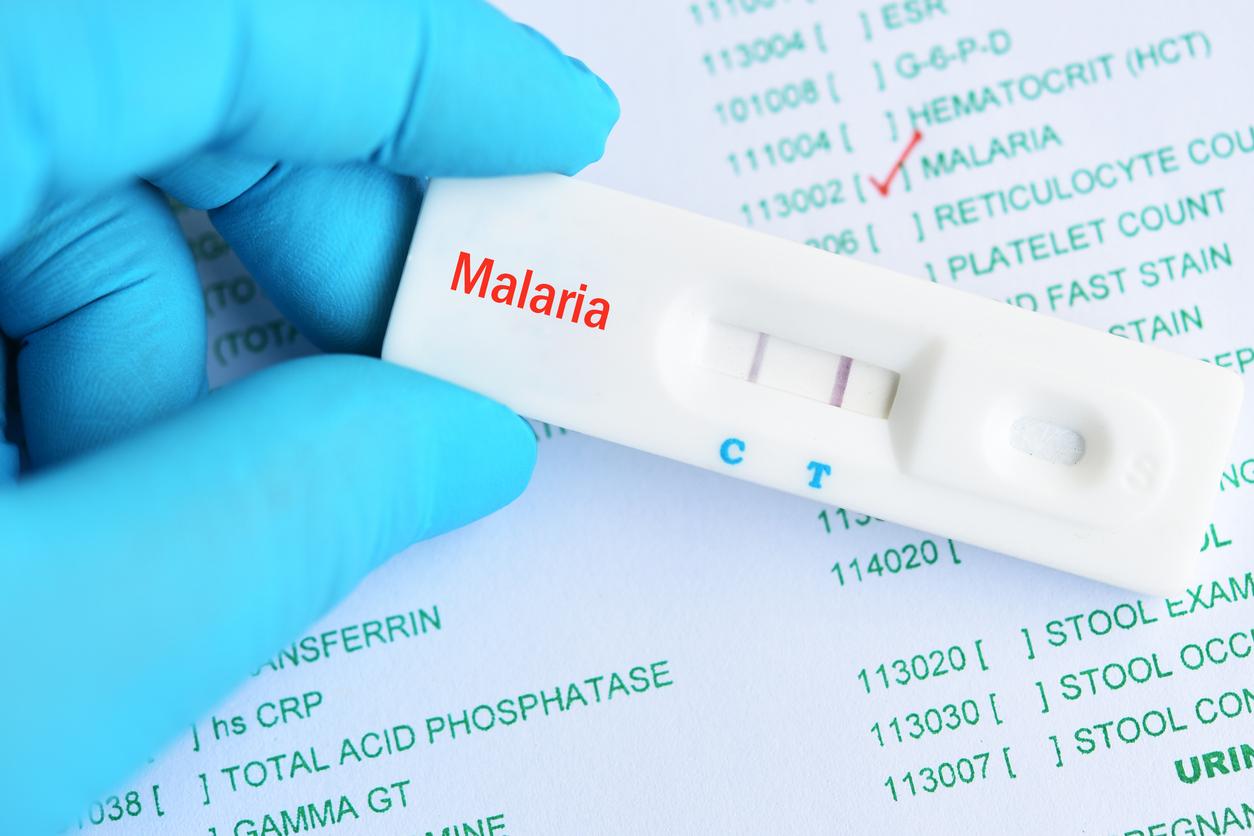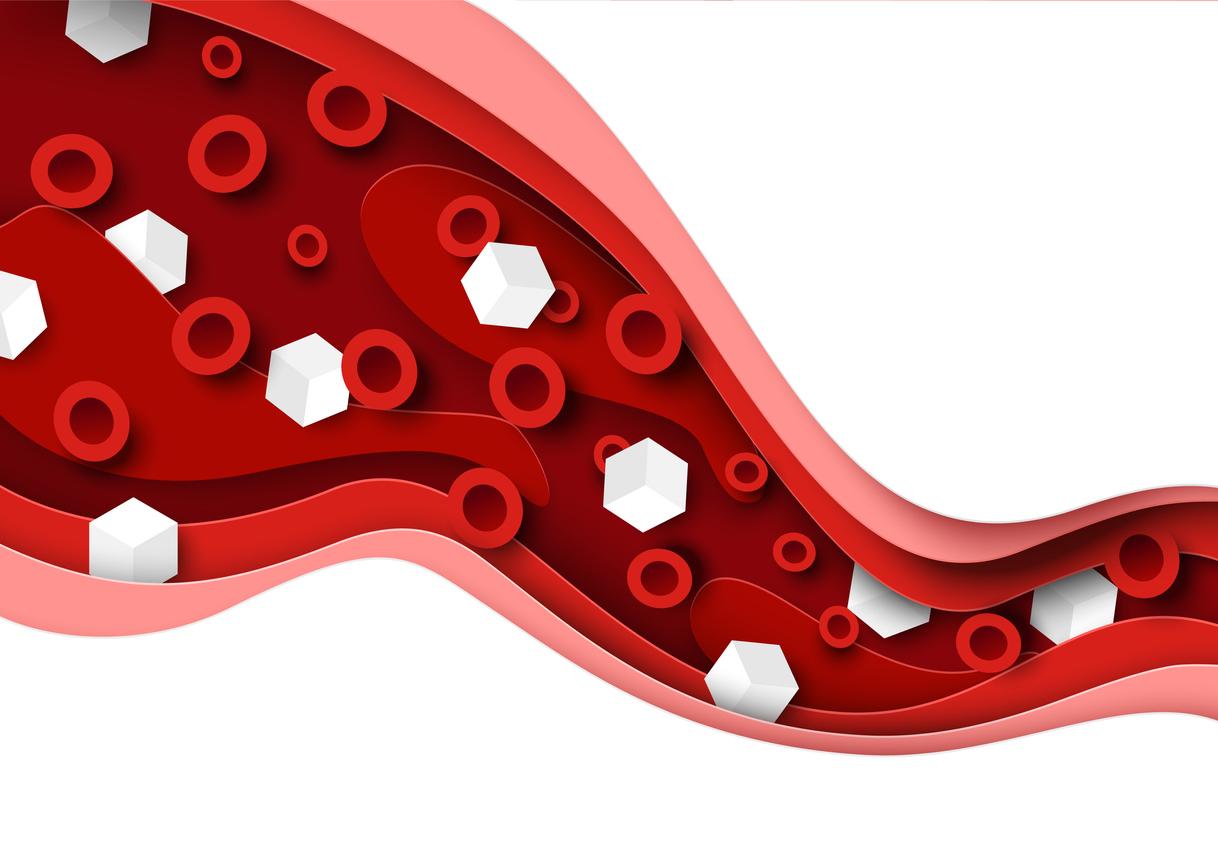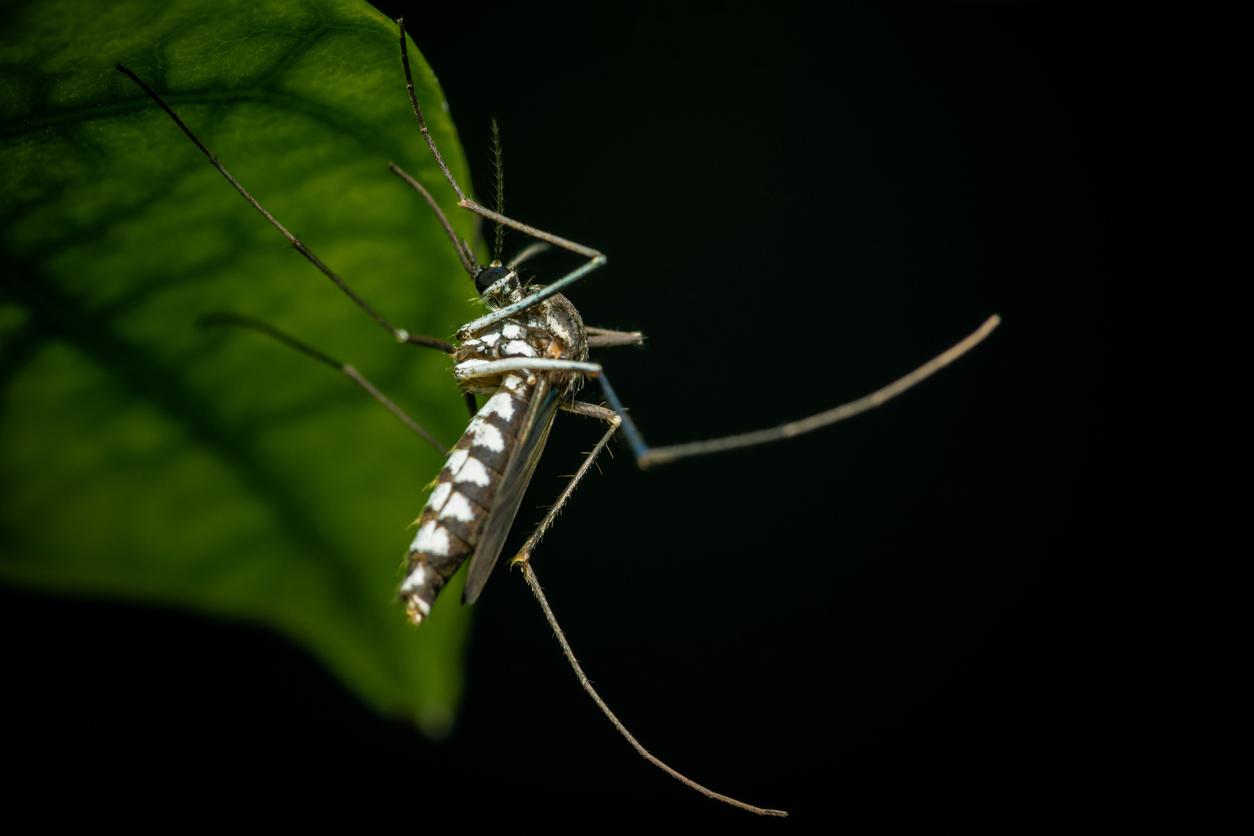Researchers at the University of Colorado published a study in the journal The Lancet about malaria. Their idea? Rather than mosquitoes being dangerous for humans, why not do the opposite?
Malaria, or malaria, is spread by the bite of the female Anopheles mosquito. When the infected mosquito bites a person, it transmits the parasite to them. This disease can be fatal. But American researchers had an idea: to make human blood toxic to mosquitoes.
20% reduction in childhood malaria contamination
Most of the malaria risk areas are in Africa (90%). The researchers therefore went to rural areas of Burkina Faso, where they studied 27,000 people in eight different villages for eighteen weeks. Half of them were treated with ivermectin every three weeks, a drug that makes human blood deadly to mosquitoes. While the other half did not receive treatment.
Among the 27,000 people who took part in the study, there were 590 children, half of whom were also treated. After this period, blood tests were done to see who had been affected by malaria. The result ? 20% reduction in contamination in children treated with ivermectin.
This first test will be followed by others, to confirm the theory. The researchers felt that with this technique and the use of anti-malaria drugs, the spread of the disease should be significantly curbed.
Read also:
Malaria, an effective new treatment
The mosquito vector of malaria eradicated in the laboratory








